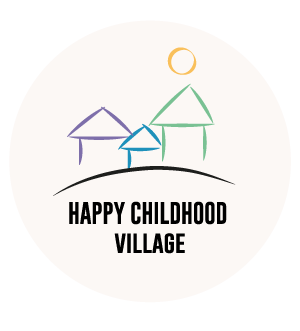Impact
Through a partnership with a world-renown university, a team of experts in randomized controlled experiments will work to embed a comprehensive measurement system in all components of the village, and design its activities and admission practices to facilitate proper randomization, from the very start of the project.
Similarly, an agreement has been reached with our local partner to embed these practices into the neighboring schools that are run by the Archdiocese; this will provide the appropriate counterfactual to allow meaningful assessment of the HCV’s impact.
Finally, prior to the beginning of the project, scholars, with the support of HCF Africa and the CAA, will collect data in the neighboring communities to record baseline measures for the outcomes of interest.
This structure will enable the research team to rigorously and continuously evaluate the effectiveness of the programs and services delivered at the HCV using randomized controlled experiments, and adjust them according to findings.
From its very beginning, the village will become a living and breathing laboratory to learn about what works and what does not work to improve children’s outcomes in a developing world setting. This method will allow researchers from around the world to come and run experiments relating to areas such as education, development, health, labor markets, among others that are often hard to rigorously measure in a developing context.
For more detailed information about the HCV, you can download our brochure here. For optimal viewing, go to View, Page Display, and select Two Page View. For more information on the environmental impact assessment of the village, please download the executive summary here.
